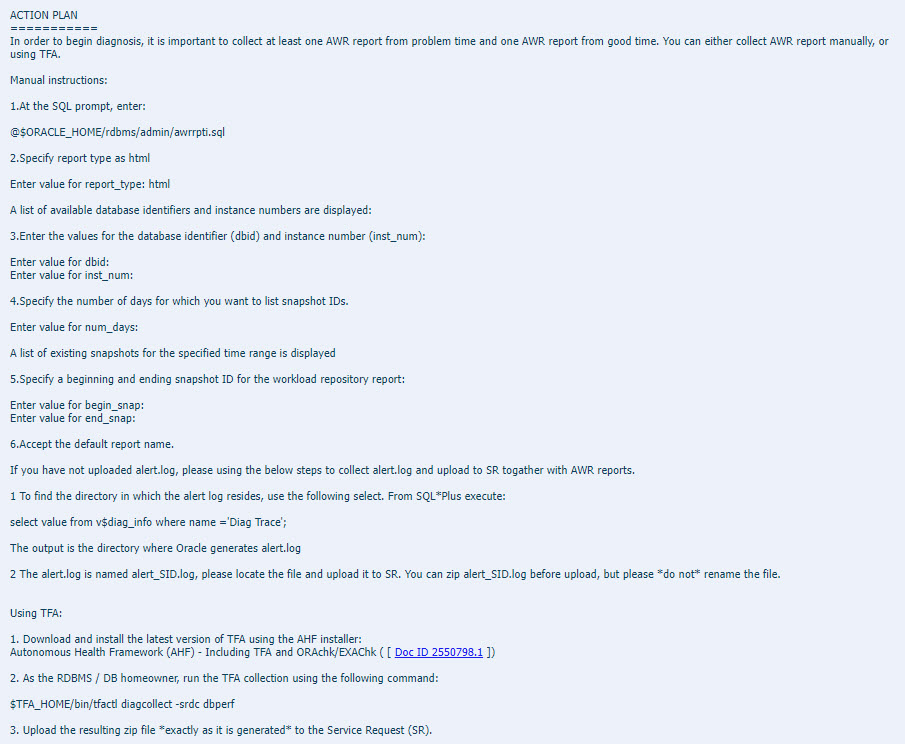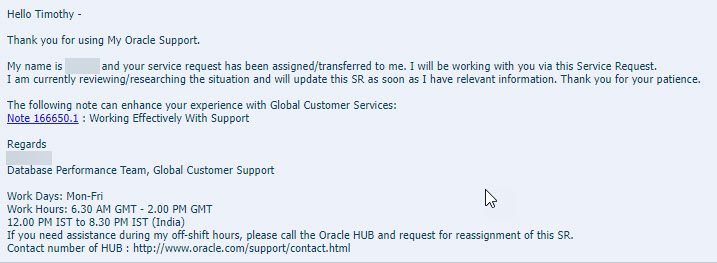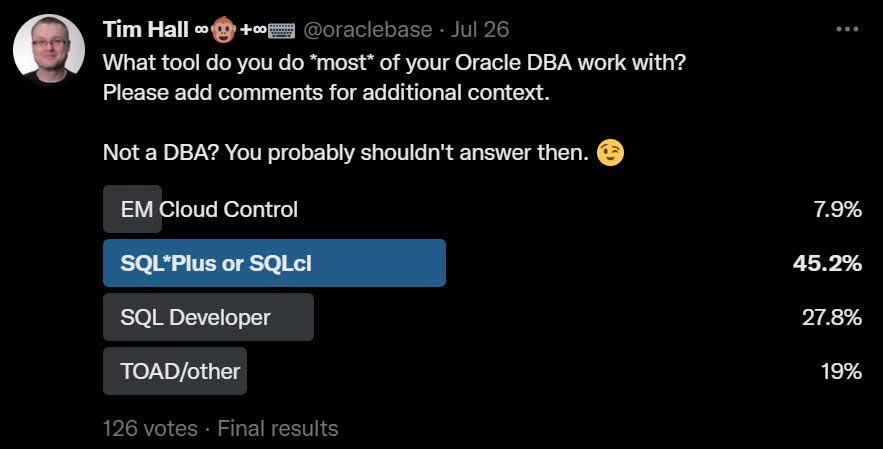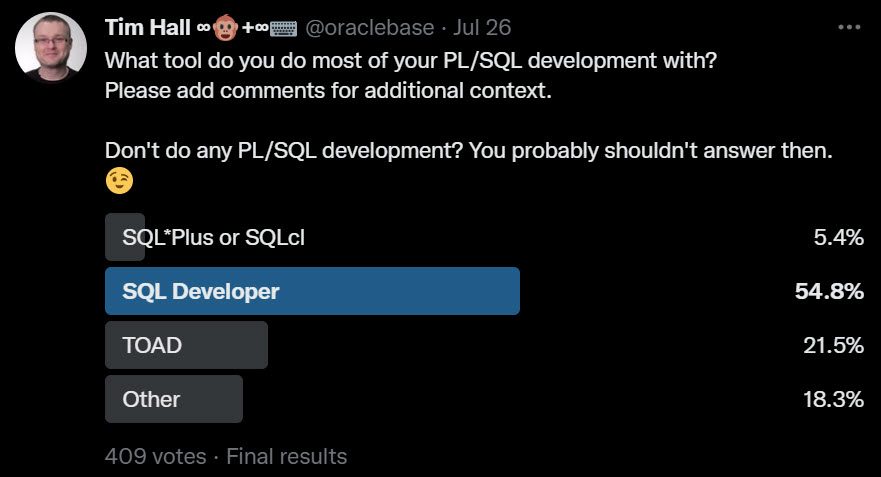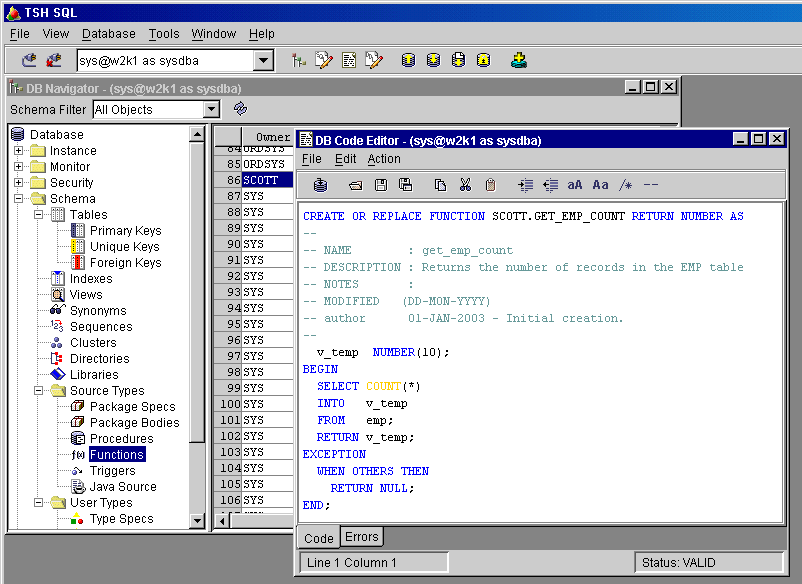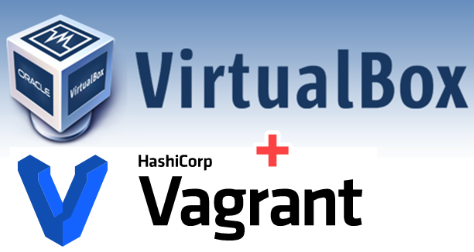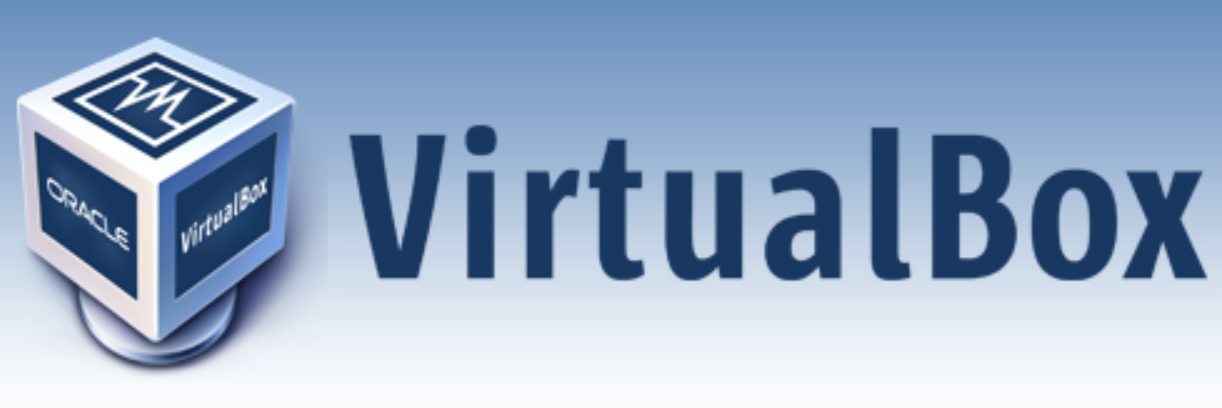
I mentioned in yesterday’s post I was having a call today with the Senior Director of Global Support Services from Oracle. I’ve just come off that call…
I’m not going to go into lots of detail, because ultimately none of it matters unless I see things improve. I was honest in the call. My previous rants were over 2.5 years ago, and it’s hasn’t improved, so why would I assume it will this time?
One big factor that I think is worth mentioning is about feedback on SRs. I was told Oracle Support are driven by customer satisfaction reports, based on the feedback surveys they ask you to fill in when you close a SR. We discussed my current employer, and we have completed almost no feedback surveys, so support can’t tell if we as a company are happy with support or not. Most of our SRs relate to Oracle Cloud Apps, not the core tech stack, so I’ve messaged some folks involved in that side of things asking them to encourage people to fill in the feedback surveys.
I’m lucky in that I have direct access to many people in Oracle, so I don’t have to raise many technical SRs, but from now on I will make it a point to fill in the feedback on every SR. I suspect my rating for the SR that sparked these posts will be something like this.
Stars: The minimum I can give.
Comments: There was no suitable problem type for my SR, so I got forced into an automation that sent loads of irrelevant requests for information. The automation is “too chatty”, sending many messages when a single one would suffice. I’m giving this a low rating mostly because the process was very painful!
I would advise you to give feedback on every call. Be positive when it is positive, but be critical when it sucks.
Update: I got the survey and filled it in as I said I would above. Interestingly, the survey messages are picked up as spam by our company spam filter, and are converted to plain text, so the links don’t work. You have to manually paste them into a browser. I suspect this is one of the reasons why Oracle are getting very little feedback from our company…
Cheers
Tim…
PS. The guy on the call was nice. This is not about individuals. It’s about the service!


